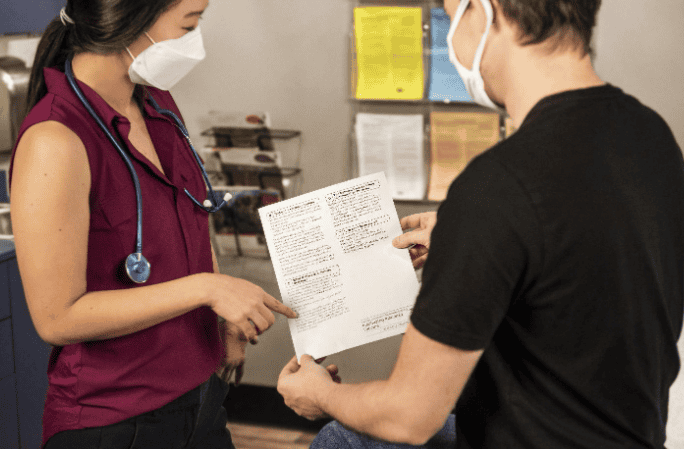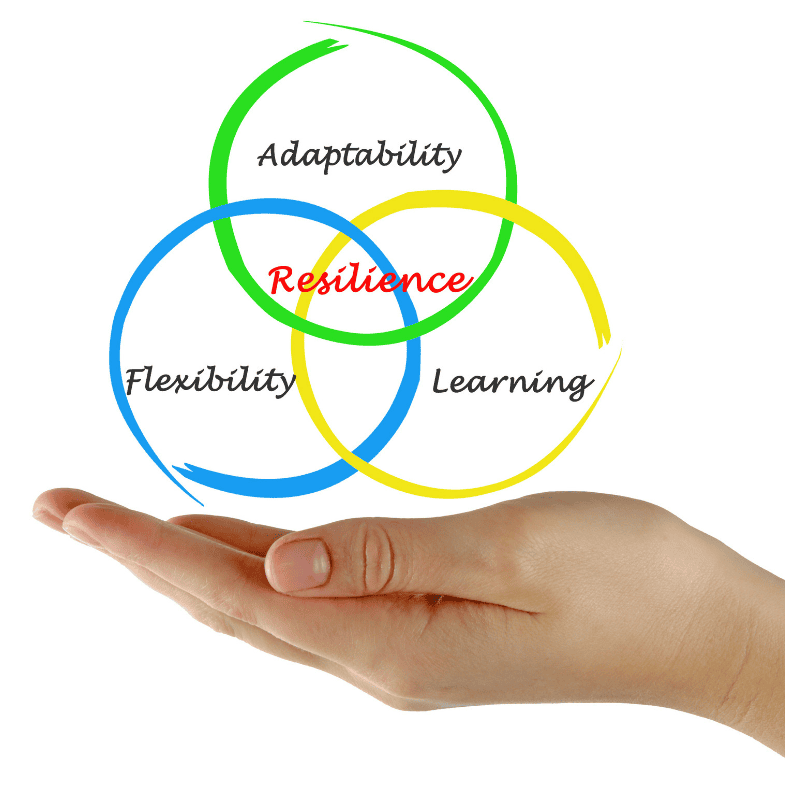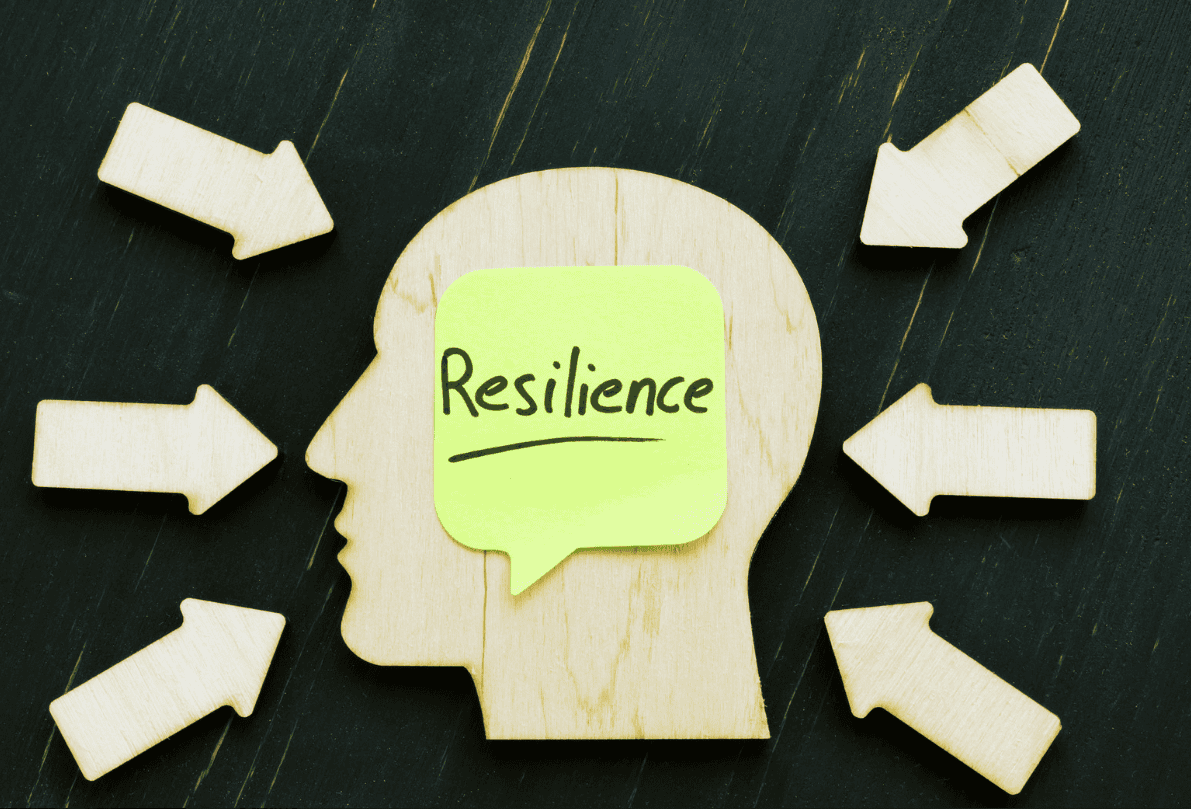Psychological resilience entails the ability to mentally/emotionally cope with crises or return to a pre-crisis state. It involves behaviors, thoughts, and actions that anyone can learn and develop. This trait is particularly important in the context of public health emergencies, which can impose significant stress and challenges on individuals and communities.
Events such as pandemics, natural disasters, and other crises can lead to widespread anxiety, fear, and uncertainty, making resilience an essential quality for both coping and recovery.
Public health emergencies not only threaten physical health but also have profound impacts on mental health. The stress and disruption caused by such emergencies can lead to a range of psychological issues, from anxiety and depression to post-traumatic stress disorder (PTSD). Understanding and fostering psychological resilience is crucial for mitigating these impacts and helping individuals and communities navigate through the difficulties posed by public health crises.
This article explores the importance of psychological resilience in public health emergencies and discusses strategies for building and supporting resilience at both the individual and community levels.

Understanding Psychological Resilience
Psychological resilience is the ability to adapt to stress and adversity, maintaining mental well-being despite challenges. Key components of resilience include emotional regulation, optimism, and the ability to see challenges as opportunities for growth. Resilient individuals tend to have strong problem-solving skills and are capable of maintaining a positive outlook even in difficult circumstances. They’re also likely to seek support from others and utilize coping strategies to manage stress.
Professionals with a bachelor’s degree in public health education are instrumental in fostering resilience during emergencies. These programs prepare individuals to understand and address the various factors that influence public health, including mental health. By staying abreast of changes and new strategies through their education, these professionals are equipped to implement effective interventions that promote resilience. Their training includes the development of skills needed to support communities in building resilience, such as communication, leadership, and an understanding of the social determinants of health.
Look up the keyword public health education bachelors degree on your search engine to learn more about this degree.
Psychological Resilience in Public Health Emergencies
Public health emergencies can have severe impacts on mental health, exacerbating stress, anxiety, and other psychological issues. The unpredictability and magnitude of such events can overwhelm individuals and communities, making it essential to cultivate resilience. Resilience helps people manage the stress and challenges associated with emergencies, enabling them to recover more quickly and effectively. During crises like pandemics or natural disasters, resilient individuals are better able to maintain their mental health, adhere to public health guidelines, and support others in their community.
The importance of psychological resilience in managing public health emergencies cannot be overstated. Resilient individuals contribute to the overall stability and recovery of their communities by maintaining a positive outlook and encouraging others to do the same. They’re more likely to engage in proactive behaviors, such as seeking information, following health guidelines, and helping neighbors and friends. Public health professionals can play a key role in promoting resilience by providing resources, support, and education that help individuals build and maintain this crucial trait.
Building Psychological Resilience in Communities
Building psychological resilience within communities involves creating support systems and fostering an environment where individuals can develop and strengthen their resilience. Strategies for building community resilience include enhancing social networks, providing access to mental health resources, and promoting a sense of community cohesion.
Social networks, including family, friends, and community groups, provide emotional support and practical assistance, which are vital during public health emergencies. Public health programs can facilitate the development of these networks by organizing community events, support groups, and outreach initiatives.
Community support systems play a crucial role in resilience-building efforts. Public health programs designed to strengthen community resilience often focus on increasing access to mental health services, offering educational workshops on stress management, and creating opportunities for community members to connect and support each other. Public health professionals are essential in coordinating these efforts, ensuring that resources are accessible and that communities are prepared to face future crises.
The Role of Public Health Professionals
Public health professionals are pivotal in supporting the development of psychological resilience among individuals and communities. Their expertise in health education, crisis management, and community outreach enables them to implement effective strategies that bolster resilience.
Public health professionals can provide critical support during emergencies by disseminating information, offering mental health resources, and coordinating community response efforts. Their role includes educating the public about coping mechanisms and stress management techniques, which are essential for building resilience.
To effectively promote resilience, public health professionals require specific training and resources. It includes knowledge of psychological first aid, crisis intervention techniques, and culturally competent care practices.
Training programs for public health professionals should emphasize these areas to ensure they are prepared to address the mental health needs of diverse populations during emergencies.
Additionally, ongoing professional development and access to up-to-date information about best practices in resilience-building are crucial for maintaining their effectiveness in this role.
Recommendations for Enhancing Psychological Resilience
Enhancing psychological resilience in the context of public health emergencies involves a multifaceted approach that includes education, policy, and community engagement. Public health authorities and policymakers should prioritize the integration of resilience-building strategies into emergency preparedness plans.
This includes developing educational campaigns that raise awareness about the importance of mental health and resilience, as well as providing resources and support for individuals and communities.
Practical recommendations for enhancing resilience include offering training programs for public health professionals, creating accessible mental health services, and fostering strong community networks. Encouraging regular mental health check-ins and promoting self-care practices can also help individuals build resilience.
Additionally, policymakers should consider funding initiatives that support community-based resilience programs, ensuring that all communities have the resources needed to prepare for and respond to public health emergencies effectively.

Importance of Education and Training
Education and training are fundamental to preparing public health professionals to foster psychological resilience. Comprehensive educational programs, such as degrees in public health, equip professionals with the knowledge and skills necessary to address mental health challenges during emergencies.
These programs cover a wide range of topics, including health promotion, crisis management, and community health, providing a solid foundation for resilience-building efforts.
Additionally, ongoing professional development opportunities, such as workshops and seminars, are essential for ensuring that public health professionals remain informed about emerging trends and best practices in resilience-building.
Psychological Resilience Is Crucial
Psychological resilience is a critical factor in managing the mental health impacts of public health emergencies. Education and training programs play a vital role in preparing these professionals to promote resilience, ensuring they are equipped with the knowledge and skills needed to address mental health needs effectively.
Through a combination of education, policy initiatives, and community engagement, we can enhance psychological resilience and improve our collective ability to respond to public health emergencies.


